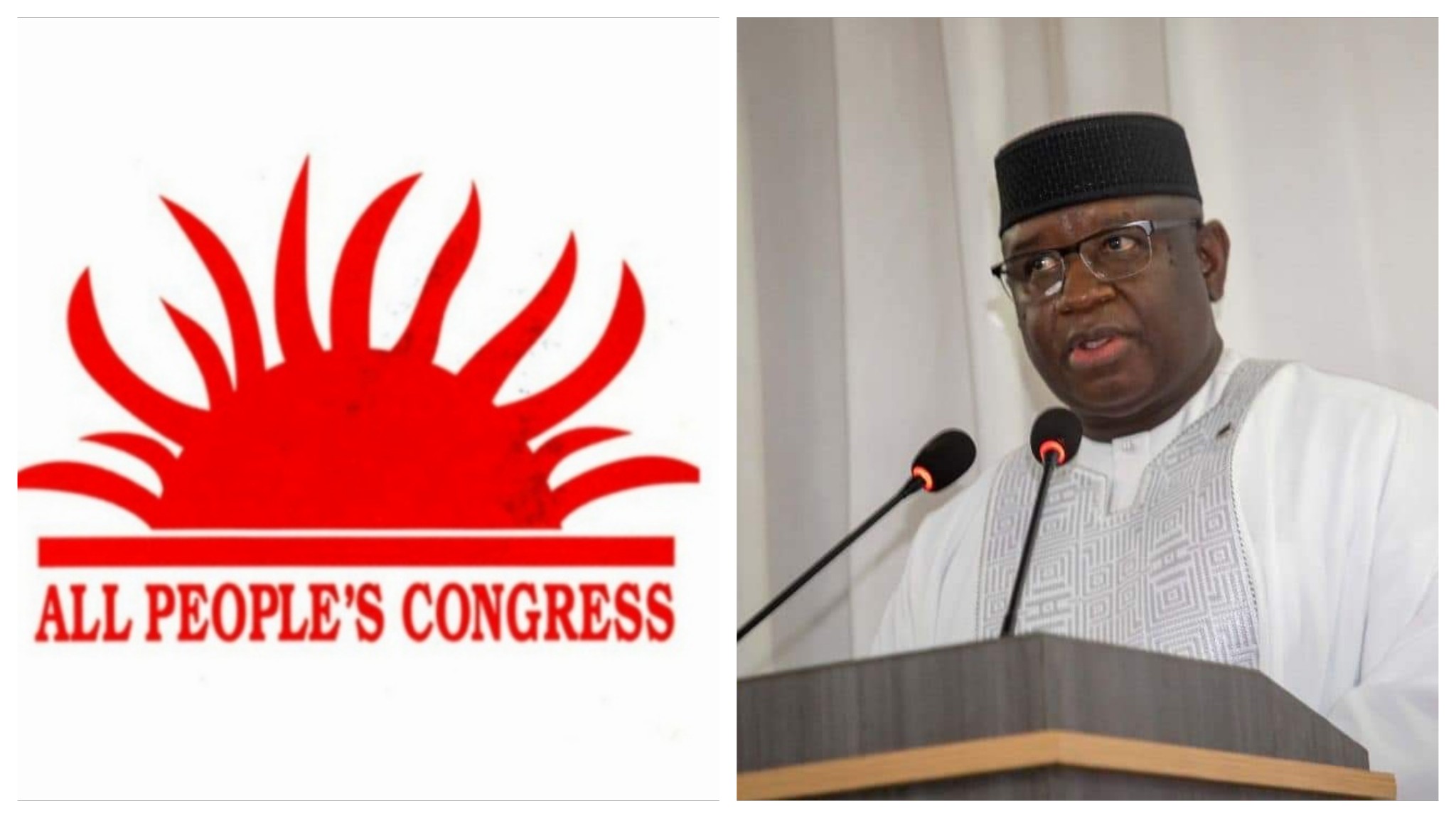
The main opposition party, All People’s Congress (APC), has urged the Bio administration to take decisive action in reducing the country’s wage bill, which they argue is straining Sierra Leone’s fragile economy.
During a parliamentary session, Hon. Dr. Unpha Sorie G. Koroma, a key figure within the APC, emphasized the need for government spending cuts, particularly in areas such as unnecessary foreign travel by government officials and the growing number of ministries and offices created by the current administration.
“To manage the country effectively in these challenging times, the government must cut back on its expenses. We are calling on the Bio administration to reduce the wage bill, downsize the numerous offices it has established, and limit excessive travel by government officials,” Hon. Koroma said. His remarks came in response to the recent signing of the 2024 Finance Act by President Julius Maada Bio, which the APC believes has worsened the economic hardship faced by ordinary Sierra Leoneans.
Hon. Koroma pointed out that separating key ministries, such as the Ministry of Finance from Economic Development and Social Welfare from Gender and Children’s Affairs, has added to the government’s financial burden. He also criticized the creation of the Ministry of Environment when the Environmental Protection Agency already exists, arguing that these decisions are further straining limited resources.
According to the APC parliamentarian, the previous administration successfully merged several Ministries, Departments, and Agencies (MDAs), which helped to streamline operations and cut costs. He questioned the rationale behind the current government’s decision to reverse these mergers despite the country’s limited financial capacity.
Koroma also took aim at the recent tax increases on essential commodities such as rice, cement, and iron rods. He warned that the 5% tax hike on rice, in particular, is placing an additional burden on already struggling citizens. “The tax on rice is untimely, especially given the current economic climate. It exacerbates the hardship faced by vulnerable people who are already struggling to make ends meet,” he added. He recalled that the previous APC government had removed taxes on rice in response to the global recession, aiming to alleviate the financial pressure on the population.
While acknowledging that the government needs to raise revenue to fund important programs like the ‘Free Quality Education’ and ‘Feed Salone’ initiatives, Hon. Koroma urged the administration to find alternative methods of doing so that do not negatively impact the masses. He suggested that the government should focus on tapping into the revenue potential of the marine, fisheries, and tourism sectors rather than imposing further taxes on essential goods.
In his final remarks, Hon. Koroma called for a reassessment of government priorities, urging the Bio administration to focus on policies that would ease the financial burden on the people rather than creating new expenditures that could lead to further economic hardship.



